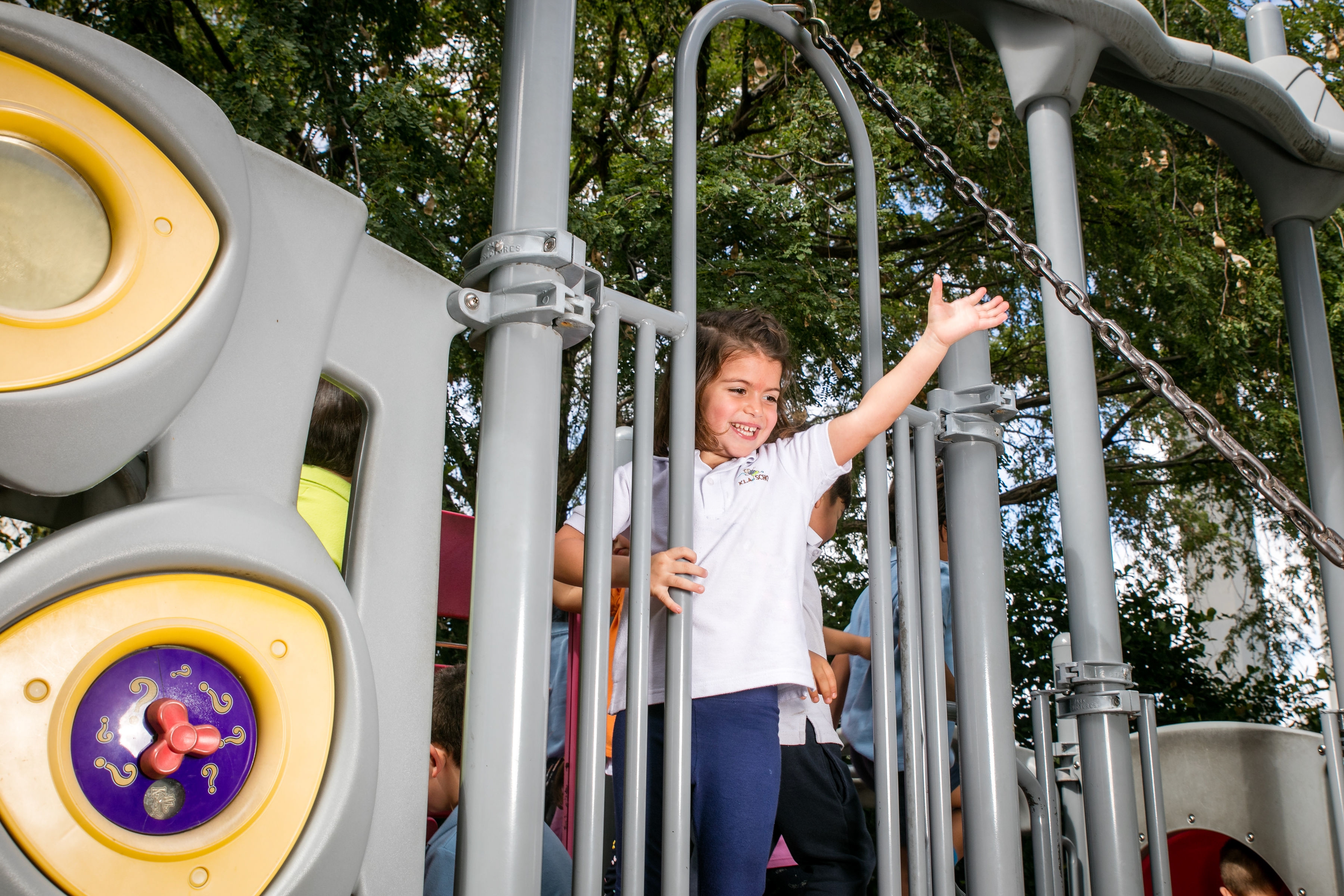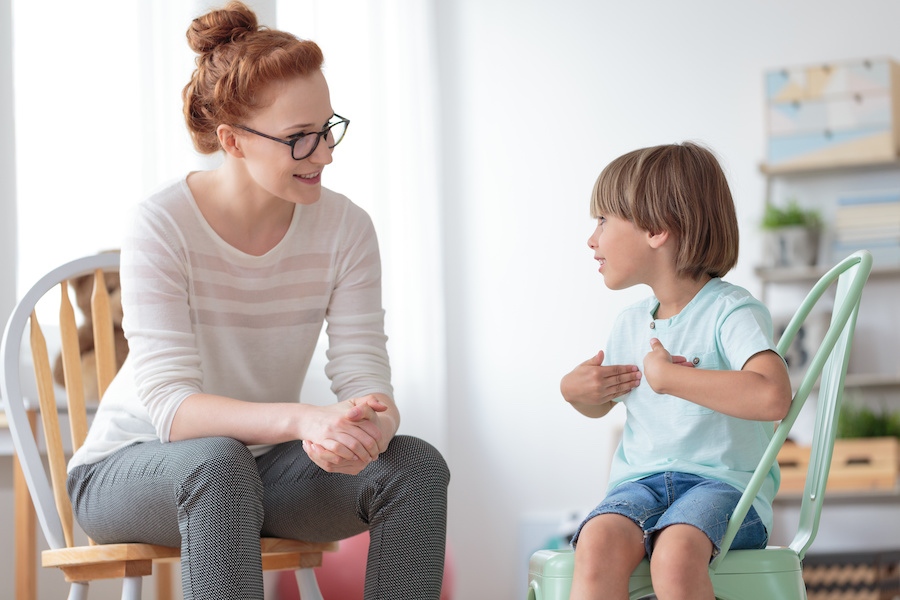Tips for Positive Parenting
Topics: Parenting
Age Range: Preschool
All parents want their child to grow up to be a confident, happy person, and there are many ways to help that happen. Positive parenting is a mindset in which the focus is put on nurturing, guidance, empathy, and encouragement, rather than strict rule-following and harsh discipline.
The benefits of positive parenting
When it comes to discipline or simply guiding your child through a task or life stage, the effects of positivity are clear. Studies have shown that behavior problems are more likely to improve when parents switch to positive parenting tactics. Positive parenting has also been shown to reduce stress in children and offer better health outcomes.
Positive parenting can help your child build a strong emotional foundation and learn appropriate behavior. Here are some positive parenting strategies you can begin using today.
Model positive behavior
Parents know that children often do what they see their parents doing. Take this opportunity to model the positive behaviors you’d like your child to learn. For example, if you and your partner are having a disagreement over a scheduling conflict, be sure you both use calm, non-blaming language. This will show your child that conversation is more effective than arguing.
See things from your child’s point of view
While we may see a toddler who is slowing down your efforts to start cooking dinner, it’s important to try and understand why their tantrum is happening. Perhaps they’re tired, or feel like they haven’t had a chance to spend time with you yet. Once you can discover the reason for your child’s behavior, you can address that issue. This will not only go a long way to helping calm the situation quicker, but it will give your child valuable practice in learning to recognize and communicate their feelings.
Praise your child’s good behavior
The common view of discipline is to correct a child when they are misbehaving. However, studies have shown that children whose good behavior is praised began to show fewer behavior issues. For example, if you notice your children sharing their toys, you can say, “It’s good that you two are enjoying those blocks. It must be fun to build a tower together.” Explore conscious discipline to learn more about fostering positive behavior through praise and emotional awareness.
Set realistic rules, and discuss them early
By letting your child know what you expect of them when running errands, dealing with people, or in other situations, you’re giving them the security they need. However, rather than telling them what they can and cannot do, the approach under positive parenting would be to tell them what you expect, and why. Allow them to ask their own questions, and answer them as best you can. This way, your child will feel like more of an active participant. They can be less likely to act out by screaming and running in a restaurant, for example, if they understand that doing so is dangerous and will make others around them upset.
Discipline with empathy
When you do have to correct your child’s behavior, showing empathy for their situation will help them to feel less defiant and more understood. This can help them to feel more in control of their behavior. For example, you can say calmly but firmly, “I know you want to read that book, but it’s not okay to hit your sister.” You can also discuss the event with your child after the fact, if they are too upset to talk at the time. Show your child that you respect their feelings, but ensure they understand what is appropriate and what isn’t.
Use logical consequences for their actions
Young children are still learning to understand cause and effect. As such, it can be confusing for them to have a consequence not match their behavior – for example, if they don’t pick up their toys and the consequence is they don’t get to watch TV for a week. Having the consequence arise as a result of their actions will help your child understand cause and effect, and it will also show them that your discipline is fair and logical. In our toy example, a positive parenting consequence would be that the toys are taken away for a short period of time.
Positive parenting teaches children the importance of having empathy, encouraging respectful two-way communication, problem solving, and understanding the consequences of their actions. Above all, they will see that you will love and respect them unconditionally.

